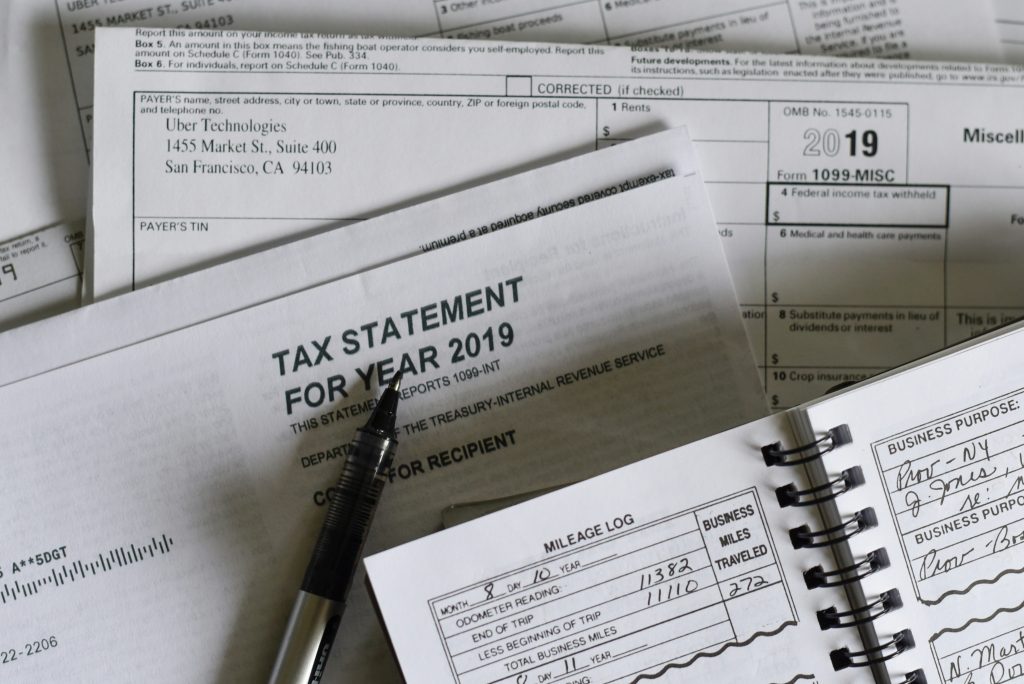
The UK allows individuals to claim a tax-free amount of £12,570, referred to as the ‘personal allowance’, unless their income exceeds £125,140. For incomes in excess of £100,000 the personal allowance is reduced by £1 for every £2 that exceeds £100,000.
The UK personal tax year runs from 06 April to 05 April the following year.
Basics of Taxation
The UK levies personal taxes based on an individual’s residence. Residents are taxed on their worldwide income (including capital gains). Non-residents are subject to tax on their UK-sourced income. The non-UK domiciled individual regime was eliminated for tax years from 2024/25 onwards.
Residence
The Statutory Residence Test (‘SRT’) has been in place for individuals since 2013. The order of the test must be strictly applied:

Meeting any of the following four automatic residence tests will result in the taxpayer being deemed a UK resident for income tax purposes:
Meeting any of the following four automatic non-resident tests will result in the taxpayer being deemed a non-UK resident for income tax purposes:
The ‘Sufficient Ties Test’ is satisfied where an individual is neither automatically resident nor non-resident in the UK but has sufficient ties to the UK to make them a resident. Legislation establishes the following a ‘sufficient ties’:
Where an individual has been UK-tax resident for at least one of the preceding three years all ties must be considered; otherwise the country tie can be ignored. The number of days spent in the UK is generally the most influential/important element of this test.
Capital Gains Tax
Gains and losses on the disposal of capital assets are subject to separate capital gains taxation rules. The capital gain or loss on an asset is generally determined to be the proceeds from disposal less the cost of the asset plus qualifying subsequent expenditure on the asset. Additional relief and exemptions are available, for example on the disposal of a primary residence.
Dividends and Interest
Dividends are taxed at the basic (8.75%), higher (33.75%) and additional (39.35%) rates, subject to various allowances and exemptions.
‘Savings income’ is taxed at a starting rate of 0% subject to a maximum of £5,000. Interest falls under this catergorisation.
Wealth Taxes
There are no wealth taxes in the UK.
Social Security Contributions
All employees, employers and self-employed persons must pay National Insurance Contributions (‘NICs’). Employees pay 8% up to £50,270 (excluding the personal allowance) and 2% above that. Employers contribute 15% on employees’ earnings exceeding £5,000 per year. Self-employed individuals pay NICs at 6% and 2% on the same income bands as employees.
Tax Administration
The UK operates a self-assessment system. Most taxpayers do not need to submit a return where their tax liability has been settled entirely at source (e.g. via Pay As You Earn (PAYE) payroll taxes); where this is not the case HMRC will issue a return to the taxpayer for submission. Taxpayers are taxed individually and married taxpayers (or those in civil partnerships) will file individual returns.
Returns must be filed and any liability paid by 31 January following the end of the tax year. The filing deadline is 31 October following the tax year for paper returns.
Individuals who do not pay at least 80% of their taxes via source payments must make provisional payments during the year of assessment, on 31 January during the tax year and 31 July following the tax year. Any final tax due is payable by the usual deadline of 31 January after the year of assessment.
Where returns are filed late and where tax is paid late HMRC levies an automatic penalty subject to a maximum of 200% of the undeclared tax. Late payments of tax also incur interest. In some circumstances non-declaration may result in a fine or imprisonment.
There is a Requirement to Correct (RTC) any errors that come to light in respect of tax. Failure to Correct (FTC) an error within the statutory window may result in additional penalties, including ‘naming and shaming’ as well as financial penalties and interest.
Building 4, Riverlands Mall Podium Level, 51 Gogosoa Street, Observatory, Cape Town 7935, South Africa
Baxter Building, Muiderstraat 1, 1011PZ Amsterdam, the Netherlands
Suite 2025, Unit 3A, 34-35 Hatton Garden, Holborn, London, EC1N 8DX, United Kingdom